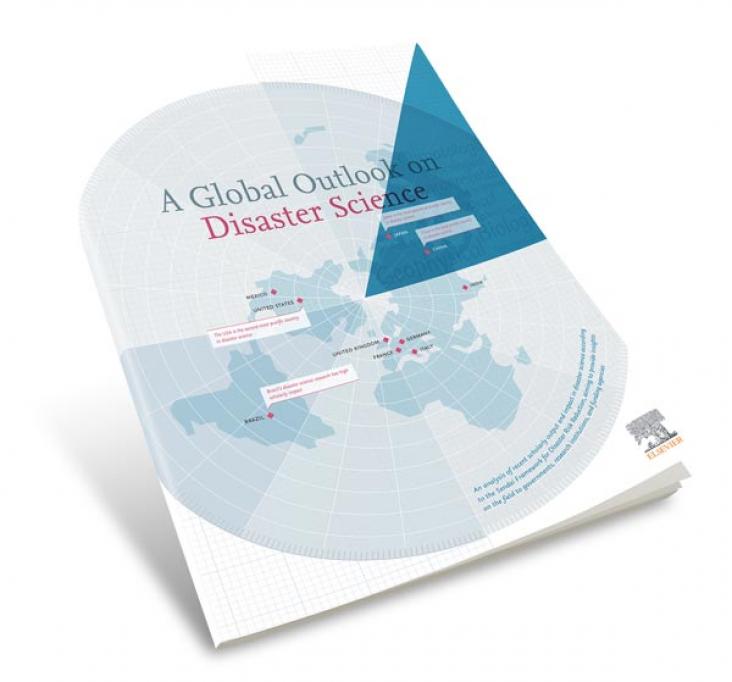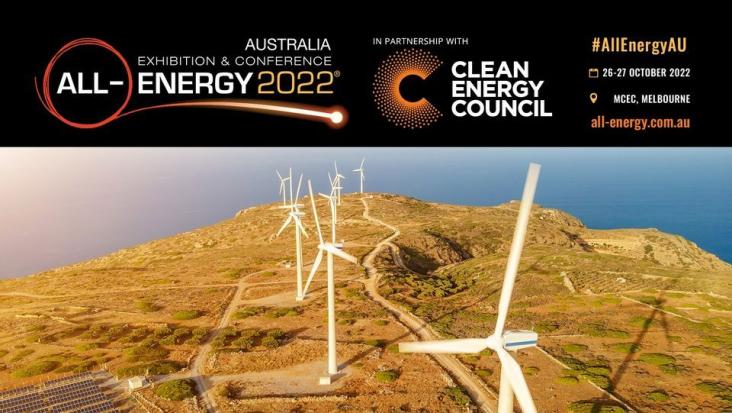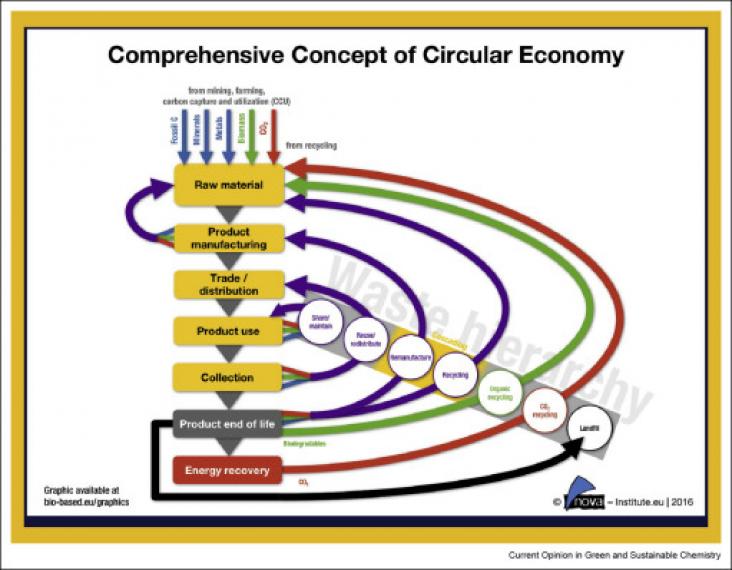The replacement of the fossil resources historically employed for chemicals’ production is of major scientific interest the last decades, as a result of the environmental issues arisen and the price v

World Efficiency Solutions (WES) is the premier international meeting for the low-carbon and resource-efficient economy focussed on creating the low-carbon and resource-efficient market place. WES was first held in 2015 in Paris during COP21 negotiations, focusing on climate change solutions. World Efficiency develops a new environment consensus: economic and human activities must, to be sustainable, be redesigned to limit their impact on the environment while awareness of the planetary limits (climate change and resources scarcity) becomes widespread. A key objective for WES 2017 is to Identify new market opportunities aligned to the 2030 Sustainable Development Goals (estimated market opportunities are larger than USD 12 trillion) and the Paris Agreement on Climate Change from 2015.
Global sustainability problems pose serious challenges for humanity. In handling these problems education for sustainable development (ESD) is seen as important.

Despite loss of life and economic devastation worldwide due to increasingly frequent natural and man-made disasters, scientific research on disasters represents a small percentage of scholarly output. Furthermore, countries with the highest death tolls from disasters tend to be low-income countries and have low-levels of scholarly output overall and in disaster science; countries with higher research output overall, as well as in disaster science, tend to be high-income countries and sustain the greatest economic losses from disasters. This report advances SDG 11 target 5, which is specifically concerned with disaster risk reduction.
Ecological infrastructure (EI) refers to ecosystems that deliver services to society, functioning as a nature-based equivalent of, or complement to, built infrastructure.
Urban areas account for 70% of carbon emissions, and are likely to be the locus of attention to reduce future emissions in developing countries.
This chapter advances SDGs 3 and 11 by identifying strategies for improving the design and sustainability of built environments. Resilience and sustainability are viewed at different scales as they apply to buildings, neighborhoods, communities, regional, and global ecosystems.
This chapter advances SDGs 3 and 11 by addressing the challenges of promoting personal and population health from the different vantage points of biomedical, biopsychosocial, and social ecological models.

All-Energy Australia is where the country’s clean energy industry meets over two inspiring days to access the latest, cutting-edge information. All-Energy Australia combines a free-to-attend, business-to-business, world-class multi-stream conference with an unrivaled professional development and networking forum alongside a comprehensive exhibition. Clean energy professionals and end-users benefit from unique access to a showcase of innovations in renewable energy including sustainable transport, solar technology, energy storage, energy efficiency and future grid.

